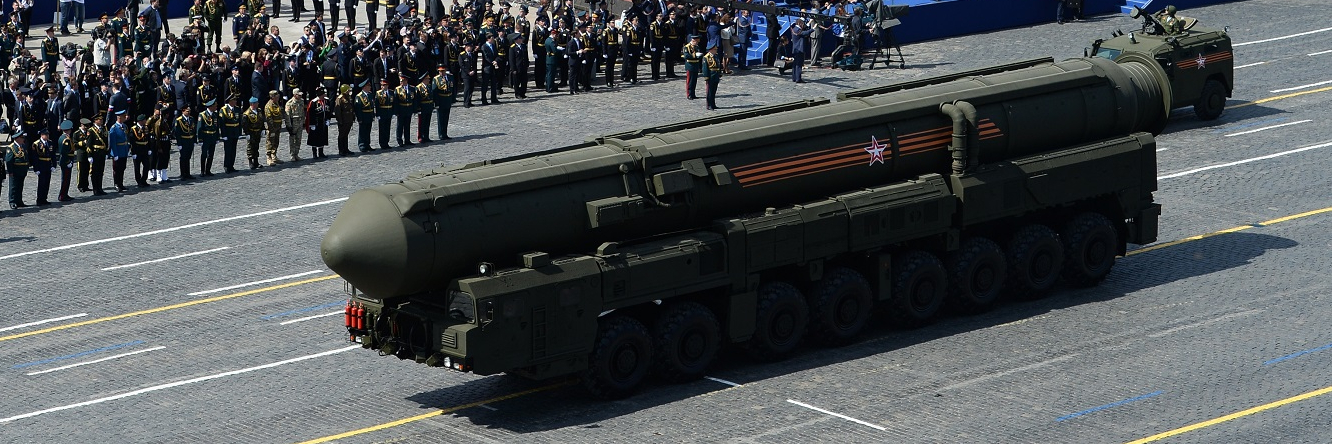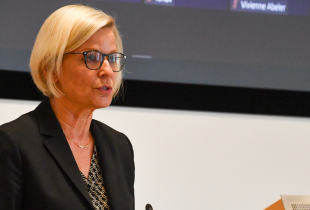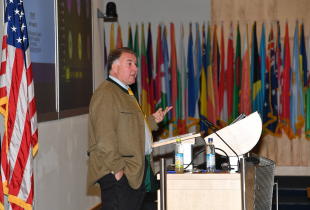
Strategic Parity: Why “American” Arms Control Is Not Interested In Russia
Abstract
Russia’s negative attitude towards NATO/U.S. policy in Europe has been going on for years. The annexation of Crimea and instability in eastern Ukraine have started a new round of tension in relations between Russia and the West. By 2021, the Kremlin had accumulated a list of claims that, according to Putin, affect Russia’s security: the prospects for membership of Ukraine and other post-Soviet countries in NATO, the development of elements of the U.S. global missile defense in Europe, the preservation of U.S. nuclear weapons in Europe, the creation of low-power nuclear warheads, and the creation and prospects for the deployment of medium-range missiles in Europe. All this in the Russian military strategy undermines strategic parity. In an effort to solve this problem, Russia ultimately offered the United States and NATO to sign agreements on security guarantees, while threatening military-technical responses in case of refusal. The U.S. proposals on arms control were not accepted. Russia has started a war in Ukraine. The article describes the Russian understanding of strategic parity as the main factor why American proposals for arms control initially had no chance. And it is assumed that Ukraine is only one of Russia’s tools for shaping the architecture of European security as the Kremlin sees it.
About The Author
Maxim Starchak is a Russian expert on nuclear weapons and nuclear industry, and a Fellow at the Centre for International and Defence Policy of the Queen’s University in Canada. He is a contributor to the Jamestown Foundation’s Eurasia Daily Monitor. Previously, he has worked for Russian think tanks PIR Center, Institute for US and Canadian Studies, and Gaidar Institute for Economic Policy. In 2017, he was a Visiting Fellow at the Polish Institute of Political Studies in Warsaw. In 2014-2015, he served as Executive Editor of the Conference Proceedings of III & IV Moscow Conference on International Security of the Ministry of Defence of Russian Federation. In 2010-2019, he was a permanent member of the Expert Council of the annual all-Russian essay competition on NATO-Russian relations of the NATO Information Office in Moscow and Information Centre for International Security.
For Academic Citation
Maxim Starchak, “Strategic Parity: Why ‘American’ Arms Control Is Not Interested In Russia,” Marshall Center Security Insights, no. 71 (April 2022): https://www.marshallcenter.org/en/publications/security-insights/strategic-parity-or-why-american-arms-control-not-interested-russia-0
The George C. Marshall European Center for Security Studies
The George C. Marshall European Center for Security Studies in Garmisch-Partenkirchen, Germany is a German-American partnership and trusted global network promoting common values and advancing collaborative geostrategic solutions. The Marshall Center’s mission to educate, engage, and empower security partners to collectively affect regional, transnational, and global challenges is achieved through programs designed to promote peaceful, whole of government approaches to address today’s most pressing security challenges. Since its creation in 1992, the Marshall Center’s alumni network has grown to include over 15,000 professionals from 157 countries. More information on the Marshall Center can be found online at www.marshallcenter.org.
The articles in the Security Insights series reflect the views of the authors and are not necessarily the official policy of the United States Army, the United States, Germany, or any other governments.

